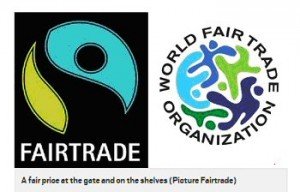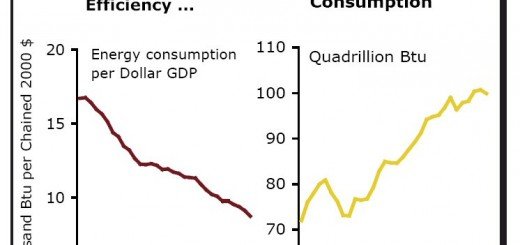Ethical investment
Ethical investment
An increasing number of individuals are concerned that the money they invest is not used to support governments and organisations:
- that do not uphold basic human rights
- that produce indiscriminate weapons or weapons sent to oppressive regimes or torture equipment
- that advocate discrimination and incitement to hatred
- that take an irresponsible approach to the payment of tax
- whose core business focuses on irresponsible gambling
- whose core business is the provision of payday loans
- whose core activity contributes to climate change via the extraction of fossil fuels and certain biofuels
- that manufacture of chemicals that are persistent in the environment, bio-accumulative in nature or linked to long-term health concerns
- that harvest natural resources, including fish and timber, unsustainably
- that develop genetically modified organisms where there is evidence of uncontrolled release into the environment, negative impacts on developing countries or patenting e.g. of indigenous knowledge
- that develop nanotechnology in circumstances that risk damaging the environment or compromising human health
- that fail to implement basic labout rights and the rights of workers to freedom of association e.g. in a trade union
- that impede acces to safe drinking water or vital medicines
- that engage in irresponsible marketing practices e.g. with regard to tobacco products and manufacture.
These are a summary of some of the commitments in the Ethical Policy of the UK Co-operative Bank developed after concerns following the near collapse of the bank due to financial mismanagement and its ownership by mainly US hedge funds. This showed a commitment to the pre-crisis policy. The Co-operative Group now owns only 20% of the bank.
The bank also states that it will seek to support businesses involved in developing alternatives to animal experimentation and farming methods that promote animal welfare. There are also commitments to support projects which protect the environment and international development and social development in the UK. The complete policy can be seen here:
coop-bank-ethical-policy
Many may feel that these commitments do not go far enough, but at least they can form the basis for assessment of the bank’s ethical performance in the future. Also, the Co-operative Bank as of 2015 is the only high street bank with a clearly articulated ethical policy.
However, the Bank is ranked only 24th for its ethical performance in the Ethical Consumer
Top ten ranking:
- Ecology Building Society
- Charity Bank
- Triodos Bank
- Cumberland Building Society
- Principality Building Society
- Coventry Building Society
- Leeds Building Society
- Newcastle Building Society
- Metrobank
- West Bromwich Building Society
The Triodos Bank has a high rating but potential customers should be aware of its links to the ideas of Rudolf Steiner and his occult religion/movement he named anthroposophy . In its Articles of Association it states “Triodos Bank is – at its sole discretion – associated with anthroposophy, this being the humanities science initiated by Rudolf Steiner that accordingly forms an important basis for the work of Triodos Bank”.
The bank supports Waldorf/Steiner schools, biodynamic farming and Camphill communities and has links to a biodynamic organisation
The FIOH Fund uses the Co-operative Bank and the Ecology Building Society







